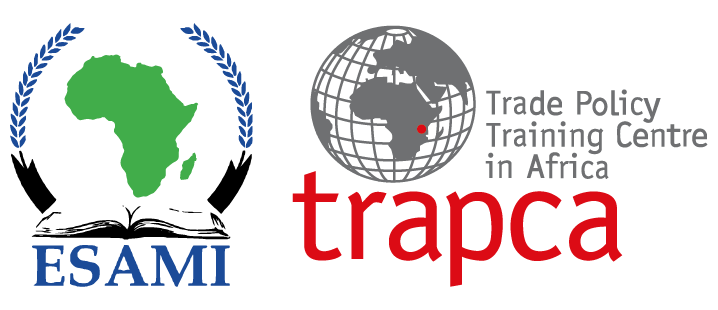Statement of need
The course provides an in-depth analysis of the implementation aspects of trade defence instruments. In this context, it focuses on safeguard measures, anti-dumping and subsidies and countervailing measures. The course is cast within the regional integration context while also capturing key aspects of trade defence instruments’ applicability in global trade. The course is offered in the realization of the fact that most sub-Saharan African countries have a low conceptualization of trade defence instruments as well as the fact that they are generally ill-equipped to make use of these instruments under potentially legitimate circumstances. Therefore, the course covers a triad of instruments, namely, dumping, subsidies and countervailing measures and safeguards. Under dumping, the key areas of concentration are fact-based investigation in establishing requisite conditions for the application of the particular measure; analysis of WTO disciplines related to anti-dumping and; various anti-dumping procedures and investigations.
Course Objectives
Content
Target group
Officials from Trade and Trade Related Ministries and parastatals, officials from Regional Economic Communities, Negotiators, and Regional Integration Practitioners. Ministries of law including attorney general offices, ministries of foreign affairs, ministries of trade and finance etc
Duration
2 Weeks
Venues
a) Venue 1: Dar es Salaam, Tanzania
Date: 7 – 18 October 2024
b) Venue 2: Lilongwe, Malawi
Date: 7 – 18 October 2024
Course Fees
$1,600
